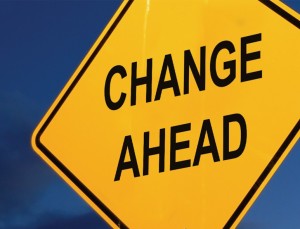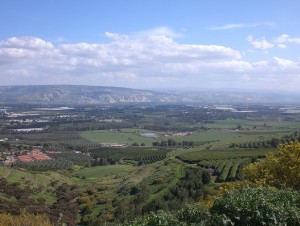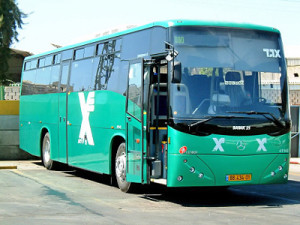 This has been a period of so much change for members of our family!
This has been a period of so much change for members of our family!
Dd17 has now moved out of the elderly woman’s home where she’s been living and working since the beginning of the school year. She’s SO much happier. Dd19 called this week to discuss moving from NY back to Baltimore for the coming semester. Ds20 called me a few days ago to talk about moving to a different yeshiva. So we’ve been having lots of discussions about how to identify when change is a good thing and how to balance conflicting emotions about making a change.
Here’s a comment from a reader on my recent post about when to stay with something and when to move on.
>>My challenge is: wanting both. I want to live right here where I am…where I have been all these years. And yet..I have serious unmet needs here and feel that a fresh environment could as you say make life good, like it should be. I AM trying to build the missing pieces here. And I cannot make a change for another year or two…Yet sometimes I fear that making improvements here is just making moving get harder and harder to pull off…I have tried to ask Hashem. Is it possible that sometimes Hashem also “wants it all…?”
Also what if the choice you feel…you like and the choice you feel…goes the most deep into growing yourself…are different. Also what if the choice you like is not the one that…feels like the stillness that all of us over-wandered Jews crave.<<
I can really identify with what you’re saying. You want the comfort of staying in a life space that is familiar, and you want the advantages of being in an environment that will allow you to grow in a different way. A choice is a choice only because we have these conflicting feelings to work out – otherwise there’s nothing to think about!
What’s comfortable and what’s going to help you grow as a person are usually going to be at odds. There’s nothing wrong with comfort but it’s doing the difficult that leads us to find new strengths in ourselves. Change is scary. it’s scary because you have to consider the possibility of having more and trusting that you deserve it. It’s scary because you don’t want to fail but remember – anyone who has succeeded has said that failure was part of their journey. Failing won’t make you a failure.
It’s a leap of faith to leave the familiar to move toward something you believe will be better. You can ask God for clarity but you have to be willing to hear the answer He sends you. This may take the form of gut feelings or instincts that are very strong and don’t go away with time, people you’ll meet or things you’ll hear that ‘coincidentally are seem to be answering ‘ meetings with people who tell you something that fits so perfectly with what you need to hear – here’s a useful list to help identify some ways that God may be sending you answers.
Sometimes our fears keep us from identifying those messages. I had a big decision I was grappling with a couple of months ago and my mind and my gut were sending me very strong opposing responses. I was totally overthinking the issue and couldn’t get clarity on what voice was what. I lay in bed unable to sleep, my mind racing. After a couple of hours I suddenly sat up, turned on the light and started writing out my conflicting feelings. I wrote without stopping for four full pages. As soon as I paused, I knew the answer without looking at anything I had written. Writing had allowed me to clarify the price of each of those choices. I was able to see that what I had to lose by not making a change would extract a much higher price from me long term than being uncomfortable for a while in a new situation. Journaling may or may not be helpful for you but it can be very powerful even if it’s not something you’ve used in the past – just let your flow of thoughts come out without thinking about them.
Another idea that can help is to picture your life both ways, having made the change and having stayed the same. How does it feel? It would be nice if making the right choice meant that you felt totally light and wonderful but sometimes even the right choice comes with the pain of not being able to have something valuable to you. Moving towards something means moving away from something else, and it’s not always moving away from something negative.
When the time is right for you to make a change, you’ll be sent what you need to make it happen. In the meantime, enjoy where you are fully – don’t be afraid to become attached to where you are just because you may leave it one day. A good goal for us all is to live fully wherever we are in life, for however long we’re there.
Avivah



![2a42b895622dc0dc7206b17f3a39e5f9[1]](http://avivahwerner.com/wp-content/uploads/2013/12/2a42b895622dc0dc7206b17f3a39e5f91-150x150.jpg)